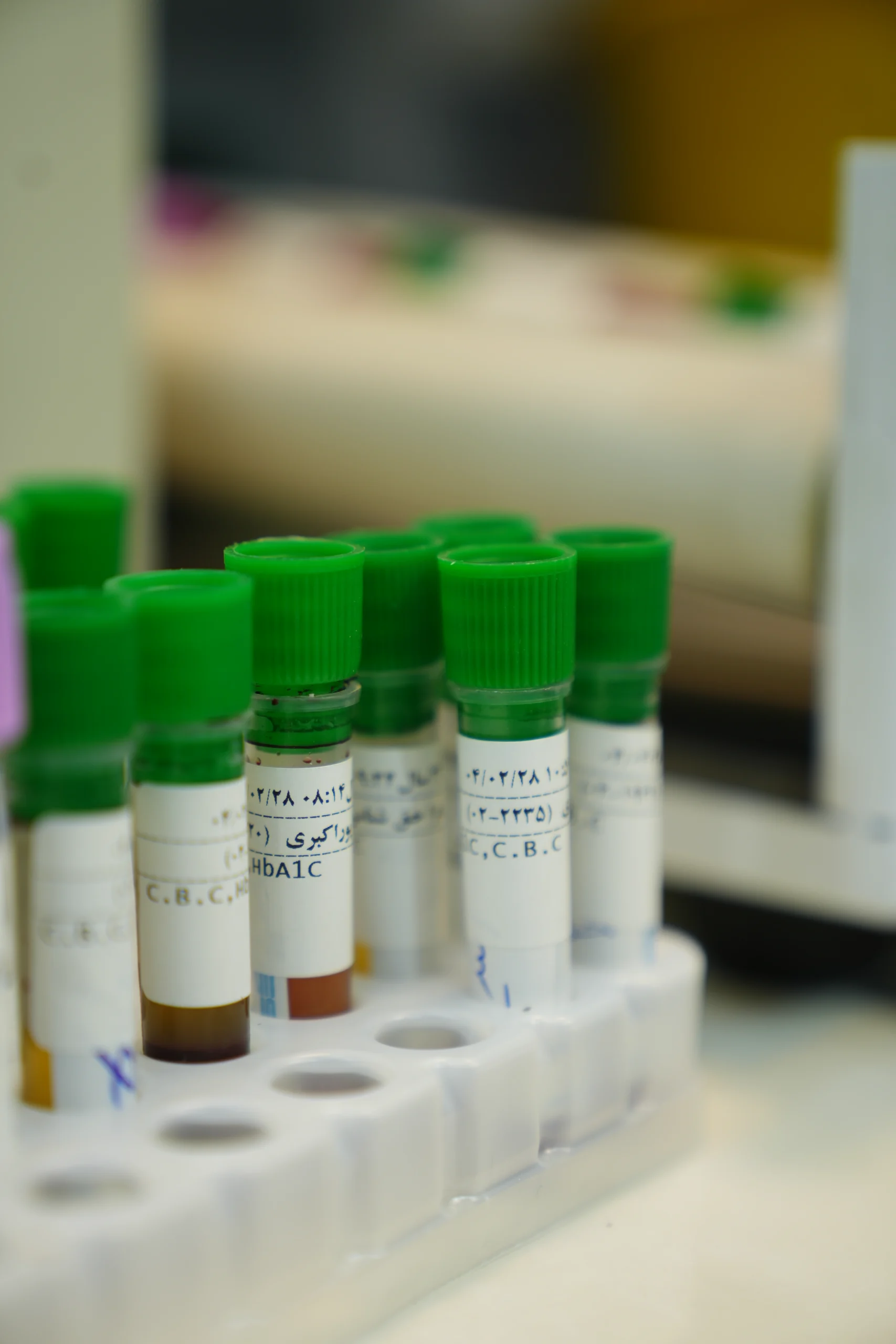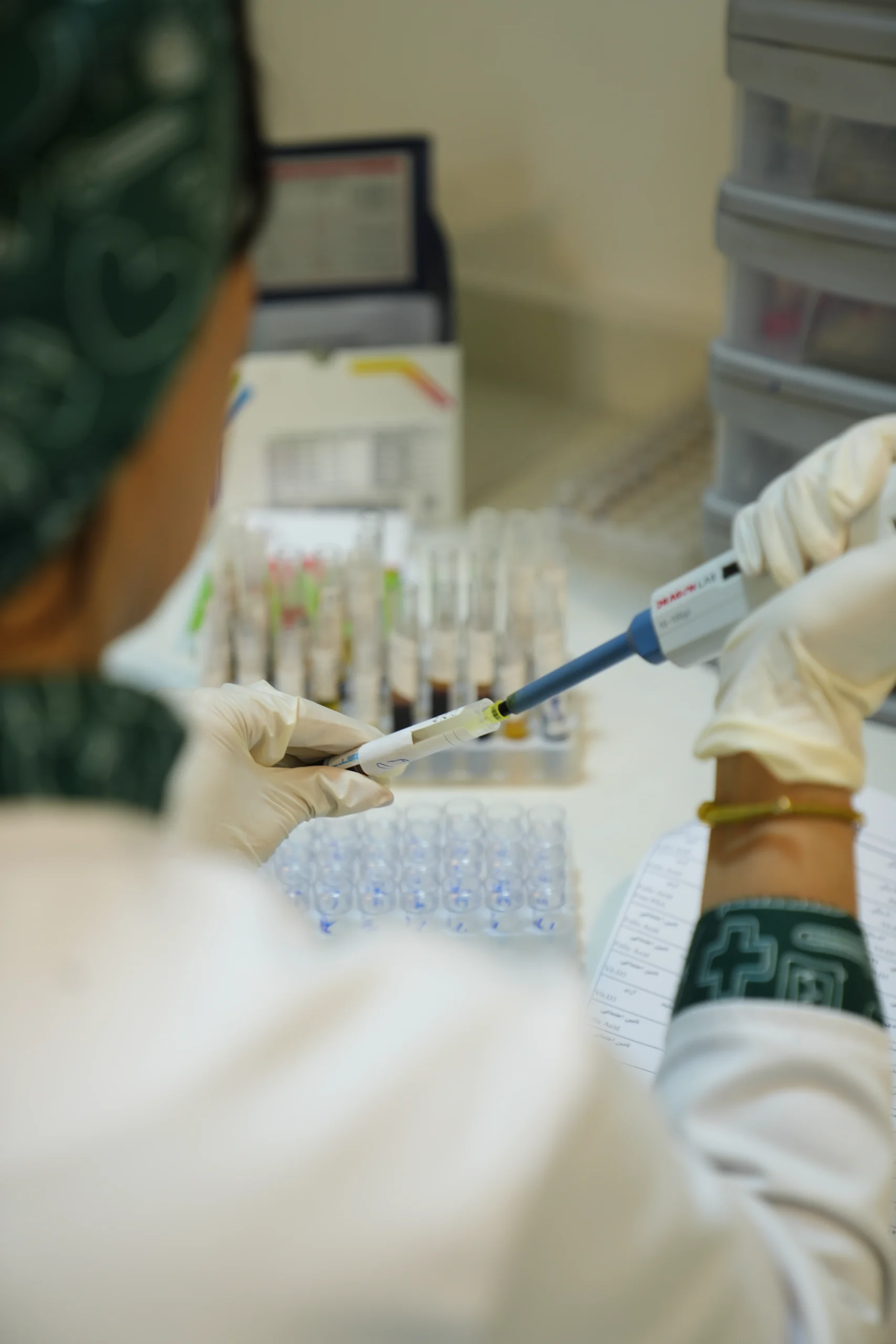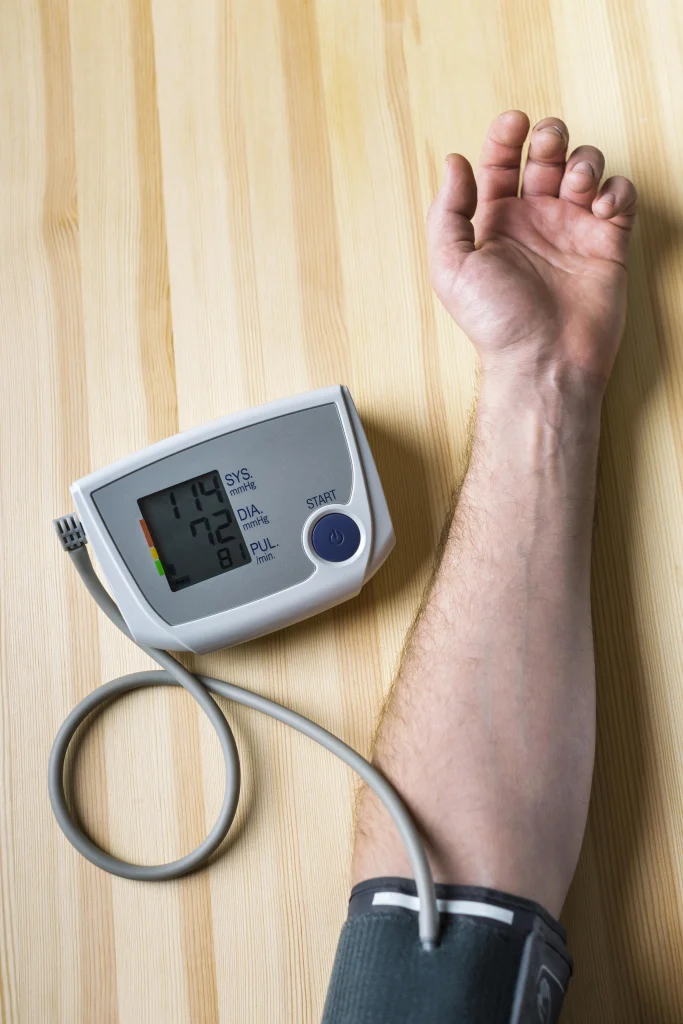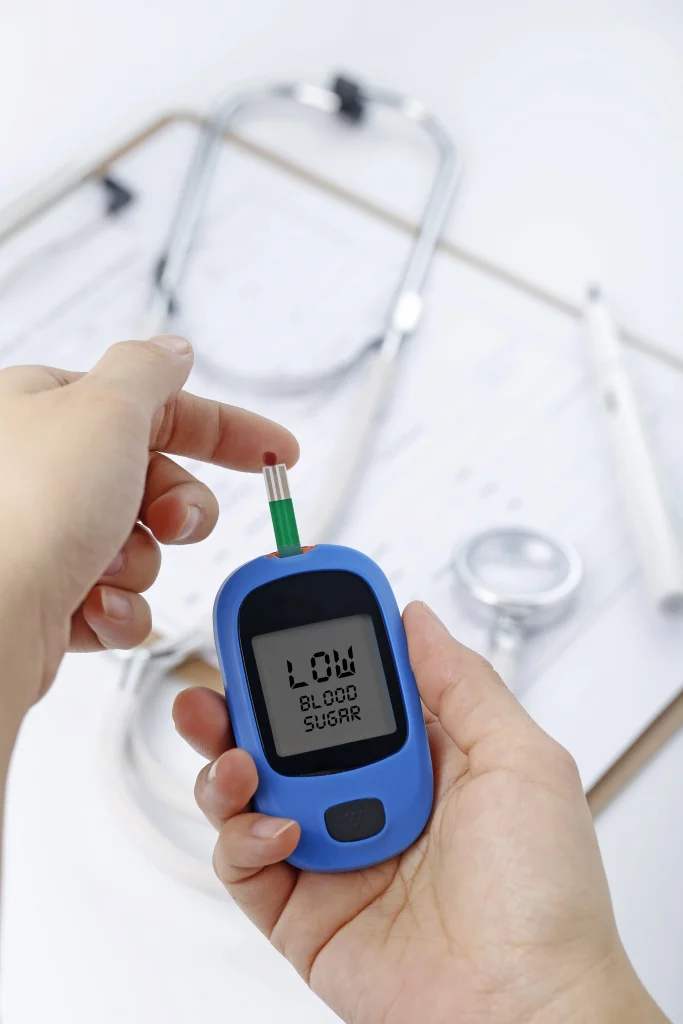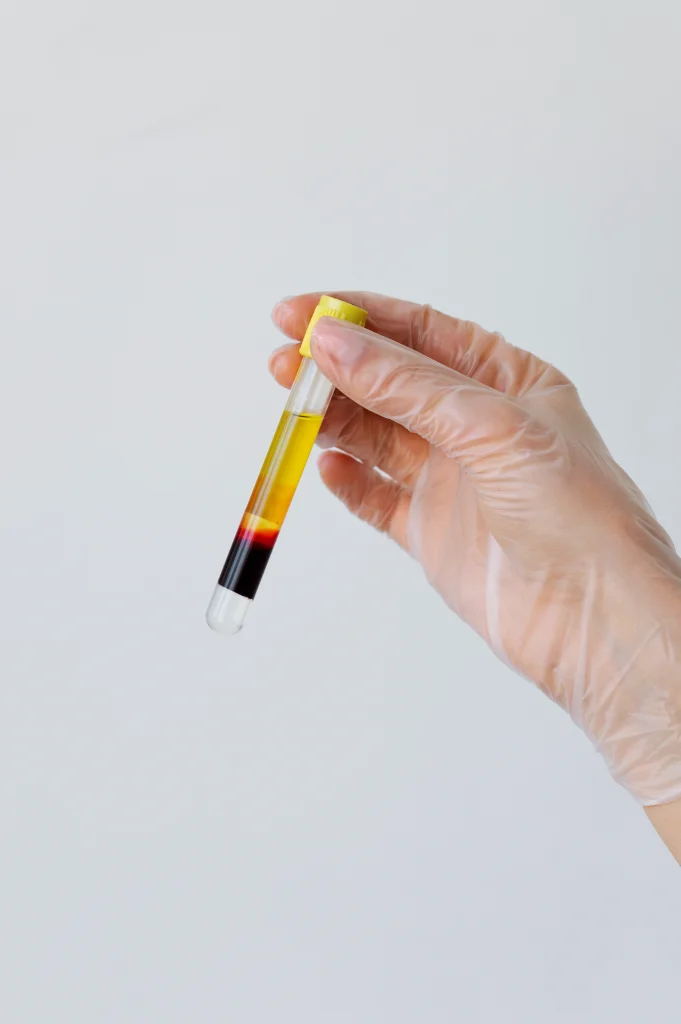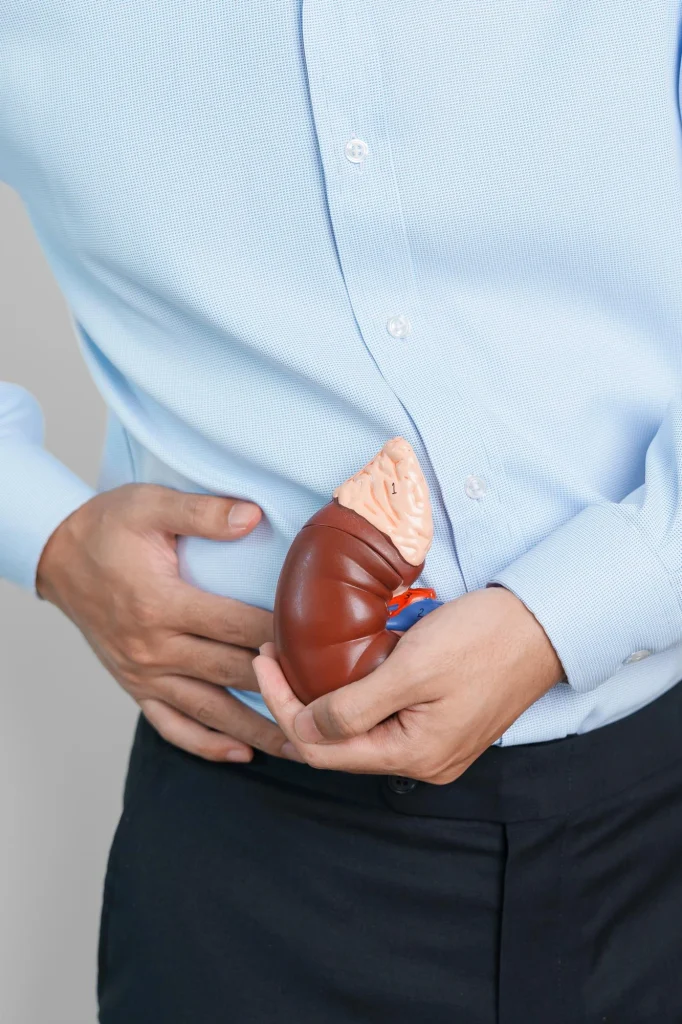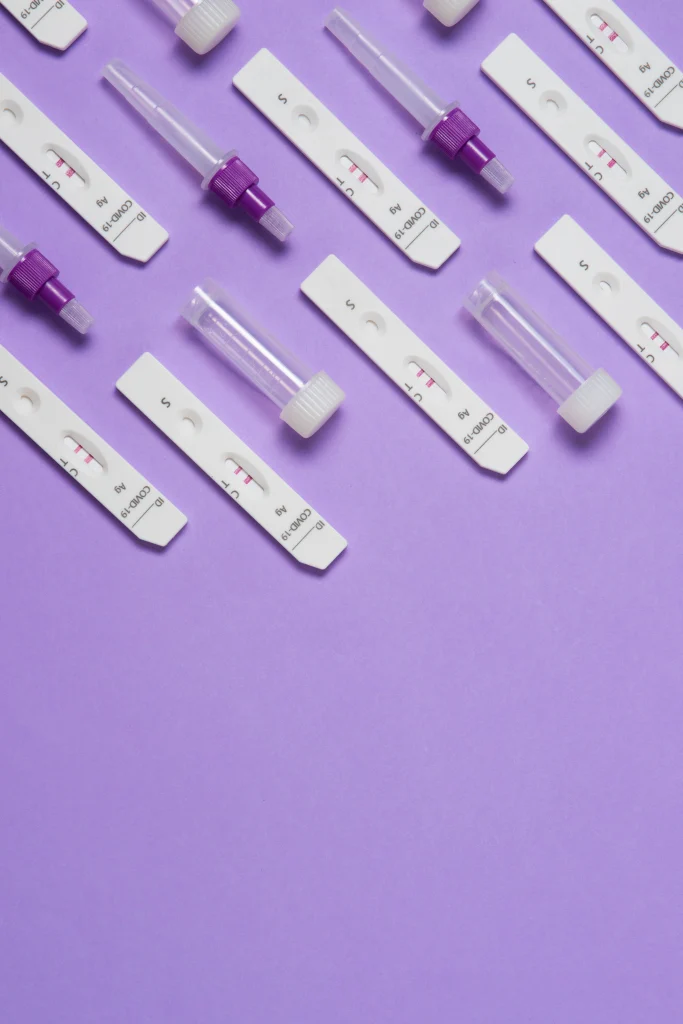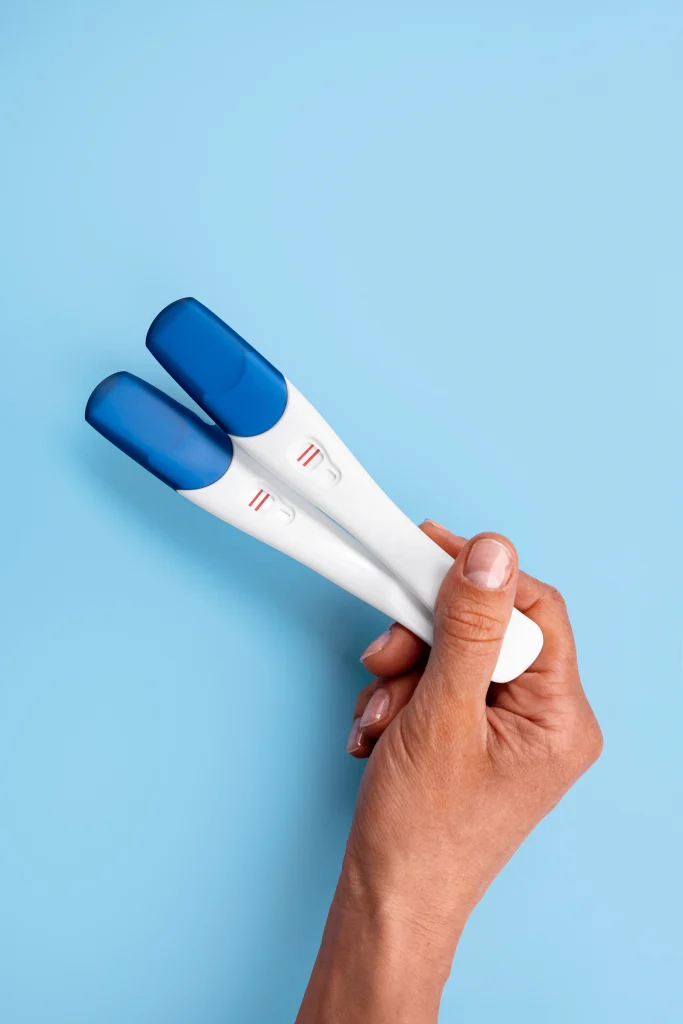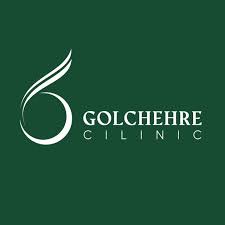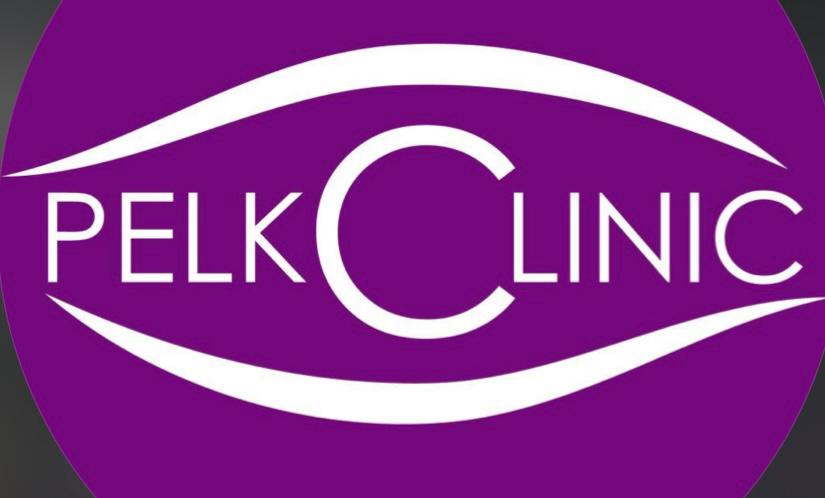No, but at least 2 to 3 hours must have passed since the person woke up and the person must not have had sexual intercourse for at least the past 12 hours.
Golchehreh Laboratory
Free Golchehre Laboratory sampling at your home

Get a free consultation or book an appointment.
For a free consultation and appointment booking, please complete the form below, our experts will contact you as soon as possible.
The most common Golchehre laboratory tests in diagnosing disease
Why Golchehre Laboratory?
Golchehreh Laboratory, using advanced equipment and collaborating with laboratory, microbiology and immunology specialists, strives to provide the highest level of diagnostic services. We have provided a safe environment for employees and clients by adhering to quality and occupational safety standards. We are also always ready to respond to the growing needs of the medical community by developing information technology and continuous training of human resources. Our goal is to gain national and international credibility and gain the trust of clients and doctors.
Using advanced equipment in the laboratory and collaborating with specialists Adhering to quality and occupational safety standards Providing a safe environment for employees and clients Developing information technology and continuous training of human resources The goal is to gain national and international credibility and gain the trust of clients and doctors
Free home sampling process by Golchehre Medical Diagnostic Laboratory
Appointment: First, by making a phone call or registering a request on the Golchehre website, a time for the sample to be taken at home is arranged with the patient. Preparing for the test: The individual may be instructed to fast for a certain period of time before the appointment or to avoid certain foods or medications that could affect the test results. Sampling: A trained healthcare professional arrives at the individual’s home with the necessary equipment to perform the sampling process. Sample transfer: The sample is labeled and packaged for transport to the laboratory for analysis. Receiving results: The Golchehre laboratory analyzes the sample and the patient can receive the results online and again without having to visit the site.
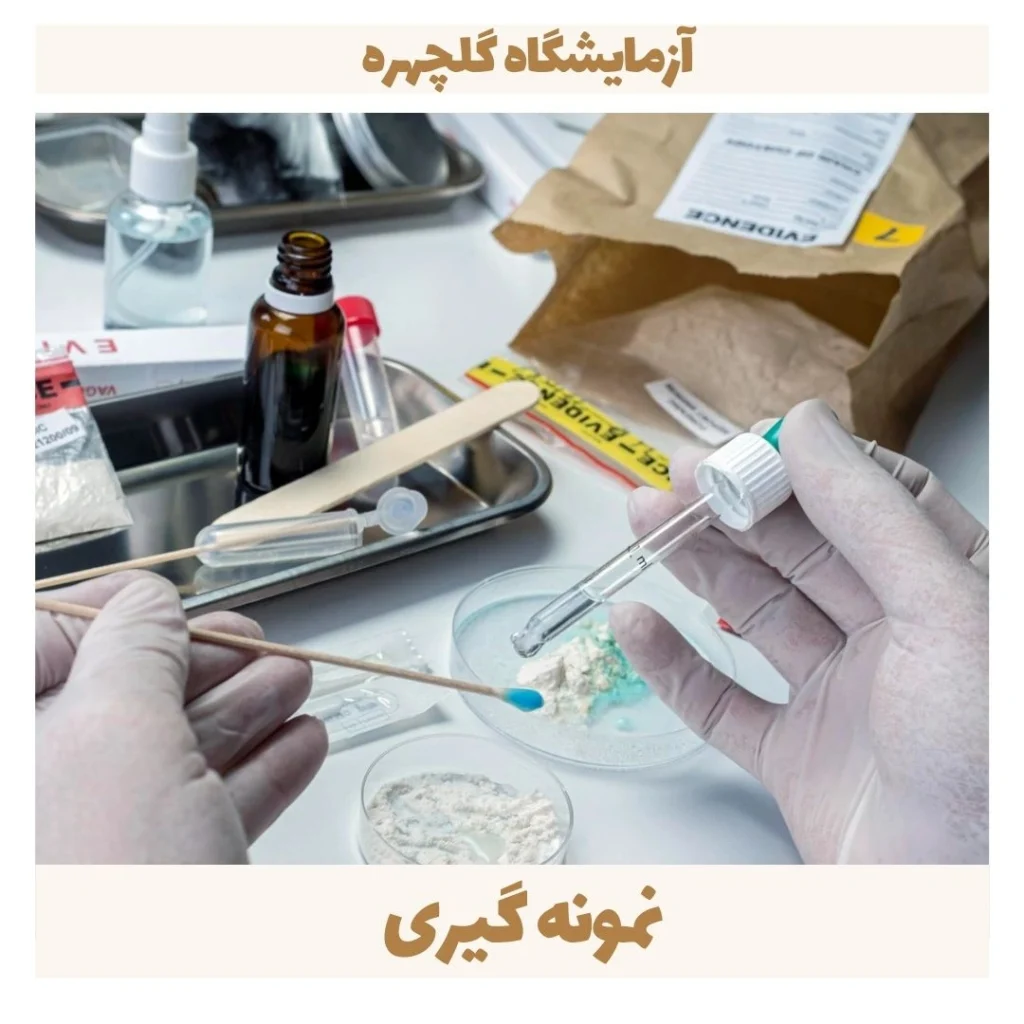
The most equipped and up-to-date laboratory in Tehran
Home test
Online answering
Contracting party with various insurances
Organizational checkup
Home tests with and without a prescription
Golchehreh Qeytariyeh Laboratory is proud to offer free home and workplace testing services without any additional fees for on-site sampling in Tehran. You no longer need to waste your valuable time visiting the laboratory. After completing the form, our experts will contact you.
Steps to register a home test request
Complete the application form Contact you Coordinate your visit time Pay the fee Send the sampler Receive the test results
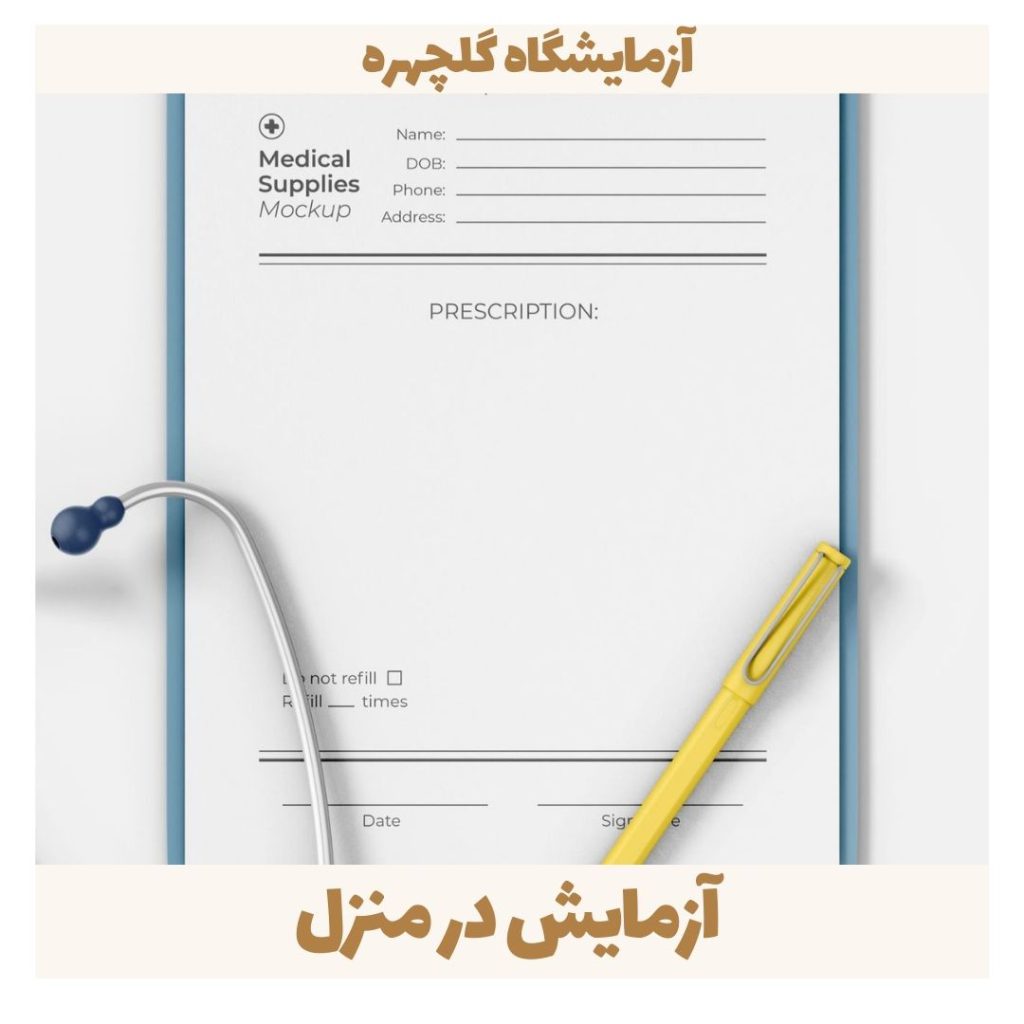
Fasting before testing at Golchehre Laboratory
Not all tests require prior preparation, but most tests require compliance with certain points that, if followed properly, will lead to accurate laboratory results. In general, fasting means: You should not eat anything for 12 hours before the test. You should not drink liquids for 12 hours before the test. (Drinking water according to each person’s usual diet is fine) You should not chew gum for 12 hours before the test. You should not use various chocolates, mints (it contains mint ingredients), and chest syrups or throat softeners. So if the test your doctor has requested requires fasting, you can drink water for 12 hours before the test.

Golchehreh Laboratory
Free testing services at your home or workplace…
What is vitamin D?
Vitamin D is a fat-soluble vitamin. However, the term vitamin is not very accurate for type D, and vitamin D is more of a hormone than a vitamin.
Because vitamins are organic substances that living organisms need for proper metabolism, and hormones are messenger substances that are produced by cells or glands and are responsible for transmitting messages in the body. They do this using their receptors. Vitamin D also binds to its receptor to have an effect.
What role does vitamin D play in the body?
Vitamin D increases the amount of calcium and phosphate in the blood by increasing the absorption of calcium and phosphate in the intestine and reducing its reabsorption in the kidney. Calcium is necessary for bone growth and bone regeneration. Vitamin D also inhibits the secretion of parathyroid hormone from the parathyroid gland and strengthens the immune system by increasing phagocytosis and antitumor activity and other functions.
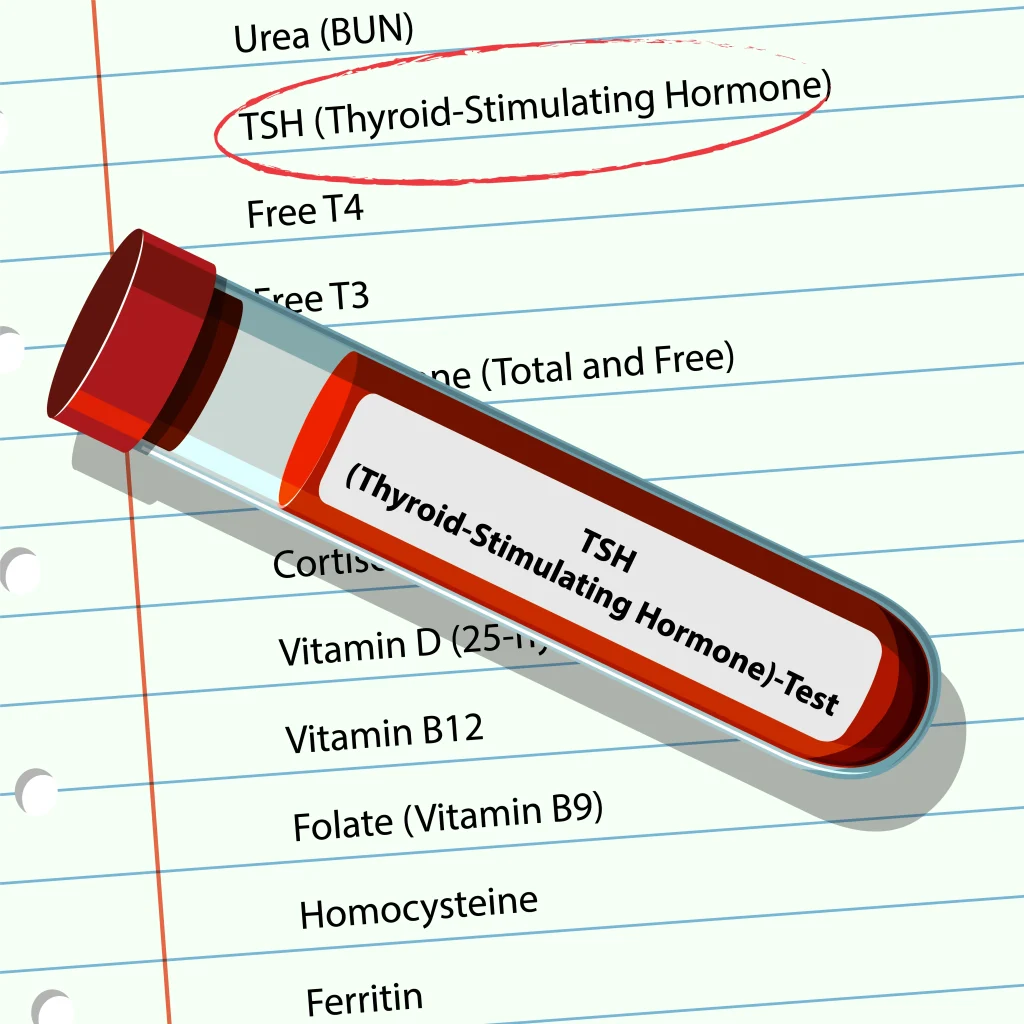
The effect of iron deficiency on hair loss
In iron deficiency, due to the reduction of mitochondrial cytochromes containing the Fe-S cluster and the reduction of ATP production, the adrenal gland is activated and begins to produce testosterone as an alternative source of energy.
Free testosterone is converted to dihydrotestosterone (DHT) by plasma enzymes, which acts as an androgen on androgen-sensitive hair follicles and causes hair loss.
Men who have a hereditary increase in testosterone production also have a similar problem and suffer from hair loss.
It should be noted that, unlike women, the sensitivity of follicles in different areas of the head of men to androgens is different (follicles in the temples and back of the head are less sensitive), and as a result, most men experience hair loss from the scalp and forehead, but hair loss in women affects all areas of the head to the same extent.
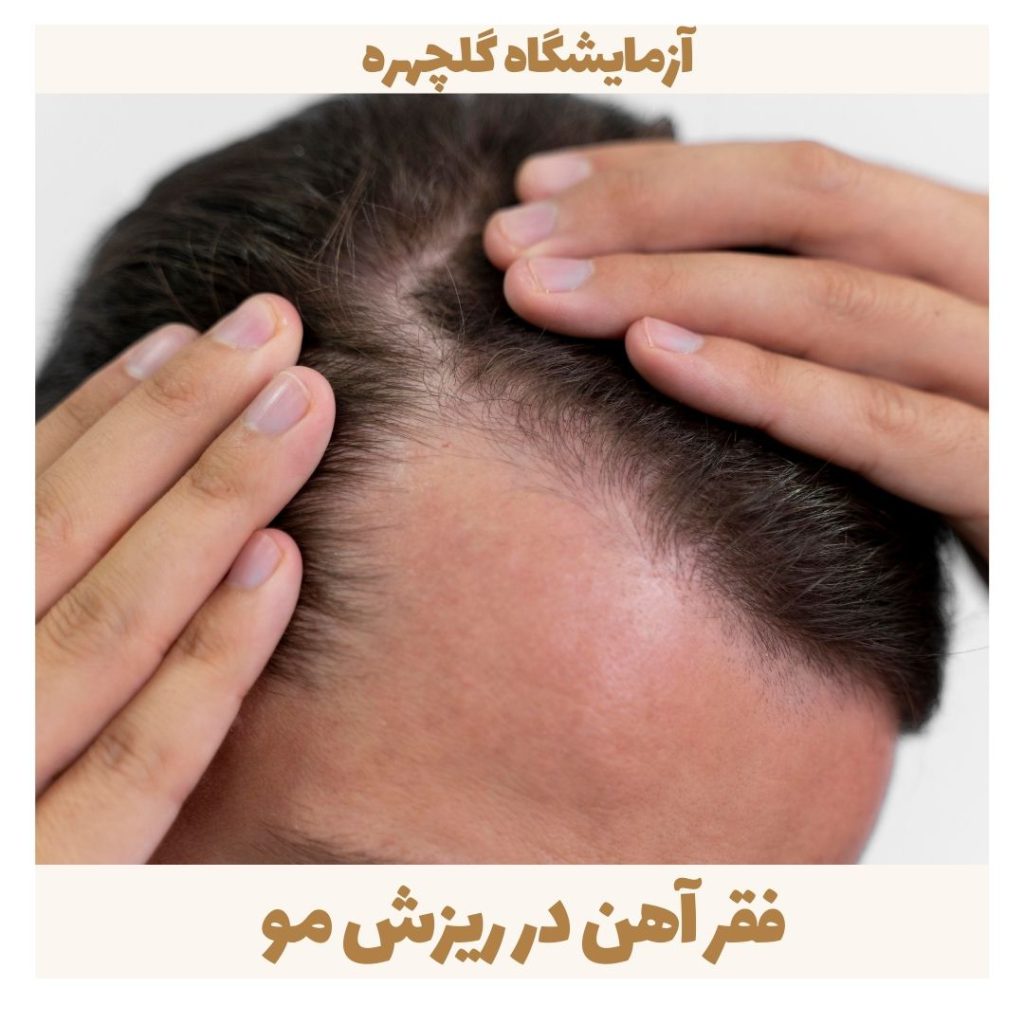
Introducing the Golchehreh Laboratory Complex

Dear Dr. Farahani,
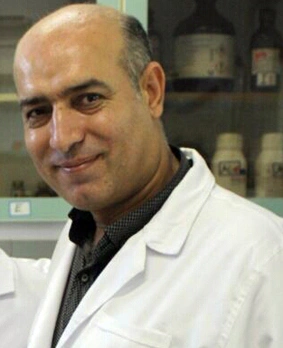
Dear Dr. Ghajavand,

Dear Dr. Saedi,
Follow us
View our latest Instagram posts and follow us for instant access to new content!

Get a free consultation or book an appointment.
For a free consultation and appointment booking, please complete the form below, our experts will contact you as soon as possible.
Directions to Golchehreh Laboratory
Tehran, Andarzgoo, Kimia Building, 4th Floor, Unit 407, Golchehreh Qeytariyeh Laboratory
Your Frequently Asked Questions
What causes high creatinine?
Creatinine is a type of protein that is derived from muscle metabolites. This protein is released into the blood and excess amounts are excreted by the kidneys. In fact, the kidneys’ job is to filter substances and proteins such as the protein creatinine. The normal level of creatinine in the blood for women should be between 1.1 and 0.5 and for men 1.2 to 0.6 milligrams per deciliter. Creatinine levels are higher in young people, especially men, due to their greater muscle mass, and on the contrary, they are lower in older people whose muscles gradually atrophy. However, in general, if the level of creatinine in the blood reaches 10 or higher, it is a sign of severe kidney damage. Creatinine can increase for reasons such as heart disease, kidney disease, dehydration, and so on.
What steps are needed to reduce creatinine?
In the first stage, to reduce creatinine levels, a person is advised to drink enough water per day. Also, by following a proper diet, a person can help reduce it in the blood. For example, a person is advised to use less salt and consume more vitamins. Also, some herbal teas can help reduce creatinine, such as chamomile tea. If necessary, the doctor will prescribe medication to the person.
Does the prolactin test require fasting?
What are the conditions for donating blood?
People who are at least 17 years old and up to 65 years old, weigh at least 50 kg, and are in good health can go to blood collection centers with a valid photo ID card (with national code) to donate blood if they meet the necessary medical criteria. Blood donation intervals Men can donate blood up to 4 times and women can donate blood up to 3 times a year. People are exempted from donating blood for two reasons:
If the donor’s health is at risk as a result of donating blood.
If the donor’s blood endangers the health of the recipient, even if it is unlikely.
What tests does a blood test include?
With a complete check-up test, it is possible to diagnose health and early many diseases. Early diagnosis of diseases has received a lot of attention in medical science today because it allows for more effective treatment, reduces the complications of diseases, and reduces treatment costs. In a complete check-up, by identifying risk factors such as increased cholesterol and blood sugar, it is possible to prevent the development of heart diseases or their progression. Increased blood cholesterol is associated with an increased risk of heart attacks and strokes. Therefore, ensuring that blood cholesterol levels are normal is essential, especially for people over 50 years of age. These tests include:
Cholesterol screening tests: cholesterol, LDL, HDL, triglycerides
Liver health tests: bilirubin, protein, albumin, liver enzymes, HBs Ag, HBs Ab, GGT,…
Complete blood cell count CBC: to detect anemia, thalassemia carriers,…
Thyroid function and diabetes tests: fasting sugar, hemoglobin A1c, T4, TSH, T3
Kidney and urinary tract health tests: urea, creatinine, eGFR, urinalysis and urine culture, etc.
Fecal and occult blood tests: for early detection of colon cancer
Malignancy screening tests: PSA, Free PSA for prostate, CA 125 and Pap smear for women.
What does low phosphorus and high potassium in the blood indicate?
Various diseases, injuries, medications (diuretics, laxatives, antibiotics), and certain treatments such as chemotherapy and parenteral nutrition (TPN) are factors that commonly cause potassium and sodium imbalances. Causes of high blood potassium include acute kidney failure, chronic kidney disease, Addison’s disease (adrenal gland failure), alcoholism (alcohol addiction) or severe drug addiction, angiotensin-converting enzyme inhibitors, destruction of red blood cells due to injury or burn, excessive use of potassium supplements, type 1 diabetes, and so on. The most common cause of low blood potassium is excessive excretion of potassium through the urine due to the use of diuretics. High blood potassium levels are usually detected when your doctor orders a blood test to diagnose your current illness or monitor your medications.

